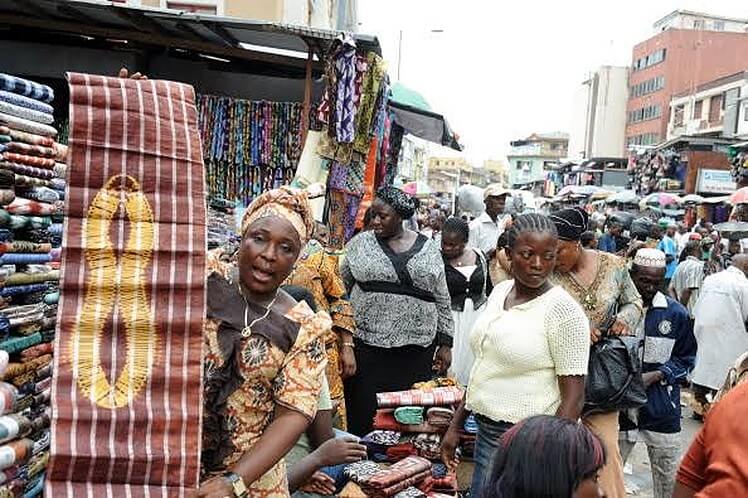As the need for economic diversification heightens, stakeholders have urged the government to focus on developing and leveraging the potentials of the Micro, Small and Medium Enterprises to drive economic growth.
Nigeria’s economy is dominated by MSMEs, with a very large percentage of micro enterprises, as NBS data, shows that 41.5 million MSMEs account for about 50 percent of labour employment and 90 percent of activities in the agriculture and manufacturing sector.
Advertisement
However, experts at a Roundtable on “Diversification of Nigerian products for export”, organised by PDF, the Bridge Programme, said that the disproportionate prevalence of the micro segment and their inability to progressively upscale has resulted in less low productivity from the sector.
The PDF Bridge Program Manager, Titilola Akindeinde, said that diversification was vital for the growth of the economy.
She said, “With over 89 million people (45 per cent of the population) living below the poverty line, coupled with the economic vulnerabilities of the oil-dependent state further exposed by the COVID-19 pandemic, it is of particular importance that the government, as well as the private sector participants builds its short and medium-term strategy around the development of viable non-oil products in Nigeria in a bid to diversify the country’s export market.
“To drive export diversification, the transition from mono to diversified export market would have to be informed by concerted efforts in identifying and catalyzing the key value drivers of the economy with the potential to propel market actors (both public and private) to pivot away from oil and into non-oil sectors.
Advertisement
“One of such concerted efforts is the Zero-Oil Initiative of the NEPC which aims to deliver an export diversification pathway through trade by prioritizing viable non-oil products with the ability to deliver transformative impacts on the economy.”
According to her, despite the adoption of the Zero-oil Initiative in the Economic Recovery and Growth Plan (2017-2020) of the Federal Government, the performance of the non-oil sector remains limited, and does not reflect the significant investment committed to the diversification agenda.
She noted that previous attempts at export diversification and in building diversified streams of foreign income, have not produced the level of productivity and growth required to sustain the Nigerian economy.
Oreoluwa Porter, who presented a Report on “Diversification and Non-Oil Export Opportunities for Nigeria States Post-COVID 19” said that with diverse production capacity for various agriculture and manufacturing products, some level of prioritization is needed to build Nigeria’s diversification plan.
According to him, the report focused on MSMEs operating in the agriculture and manufacturing sector across the Soya bean, leather, rubber, cocoa bean, sugar and ginger value chains.
Advertisement
Soya beans, as one of the products of focus in the report, has an export market gap of $50bn, Rubber has an export market gap of $80bn, while sugar with an export market gap of $8.2bn.
ENDS



